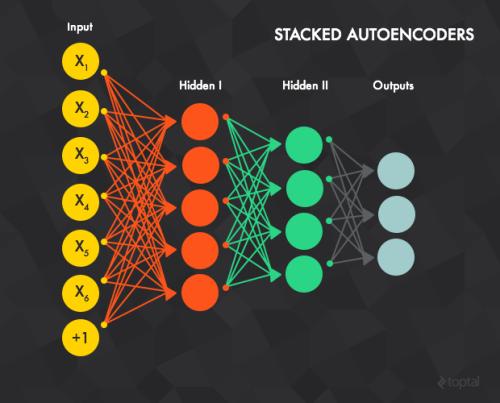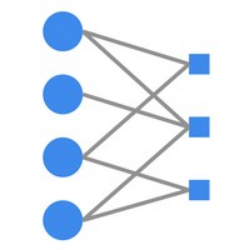Understanding the COVID-19 vaccine hesitancy, such as who and why, is very crucial since a large-scale vaccine adoption remains as one of the most efficient methods of controlling the pandemic. Such an understanding also provides insights into designing successful vaccination campaigns for future pandemics. Unfortunately, there are many factors involving in deciding whether to take the vaccine, especially from the cultural point of view. To obtain these goals, we design a novel culture-aware machine learning (ML) model, based on our new data collection, for predicting vaccination willingness. We further analyze the most important features which contribute to the ML model's predictions using advanced AI explainers such as the Probabilistic Graphical Model (PGM) and Shapley Additive Explanations (SHAP). These analyses reveal the key factors that most likely impact the vaccine adoption decisions. Our findings show that Hispanic and African American are most likely impacted by cultural characteristics such as religions and ethnic affiliation, whereas the vaccine trust and approval influence the Asian communities the most. Our results also show that cultural characteristics, rumors, and political affiliation are associated with increased vaccine rejection.
翻译:理解 COVID-19 疫苗犹豫,例如谁以及为什么犹豫,非常关键,因为大规模的疫苗接种仍然是控制疫情的最有效方法之一。这样的了解也为未来的疫情控制提供了设计成功的疫苗接种运动的见解。不幸的是,决定是否接种疫苗涉及许多因素,特别是从文化角度来看。为了实现这些目标,我们设计了一种基于我们新的数据收集的文化感知机器学习 (ML) 模型,用于预测疫苗接种意愿。我们进一步使用先进的 AI 解释器,如概率图模型 (PGM) 和 Shapley 加法解释 (SHAP),分析最重要的特征,这些特征对于 ML 模型的预测有贡献。这些分析揭示了最有可能影响疫苗接受决策的关键因素。我们的研究表明,拉美裔和非洲裔最可能受文化特征(如宗教和种族隶属)的影响,而疫苗信任和批准则最影响亚洲社区。我们的研究结果还表明,文化特征、谣言和政治倾向与疫苗拒绝有关。



